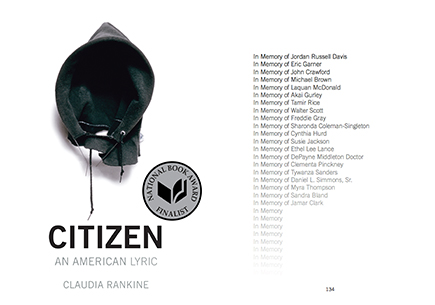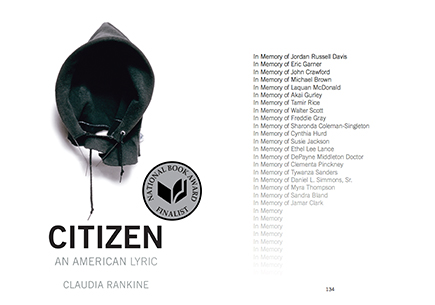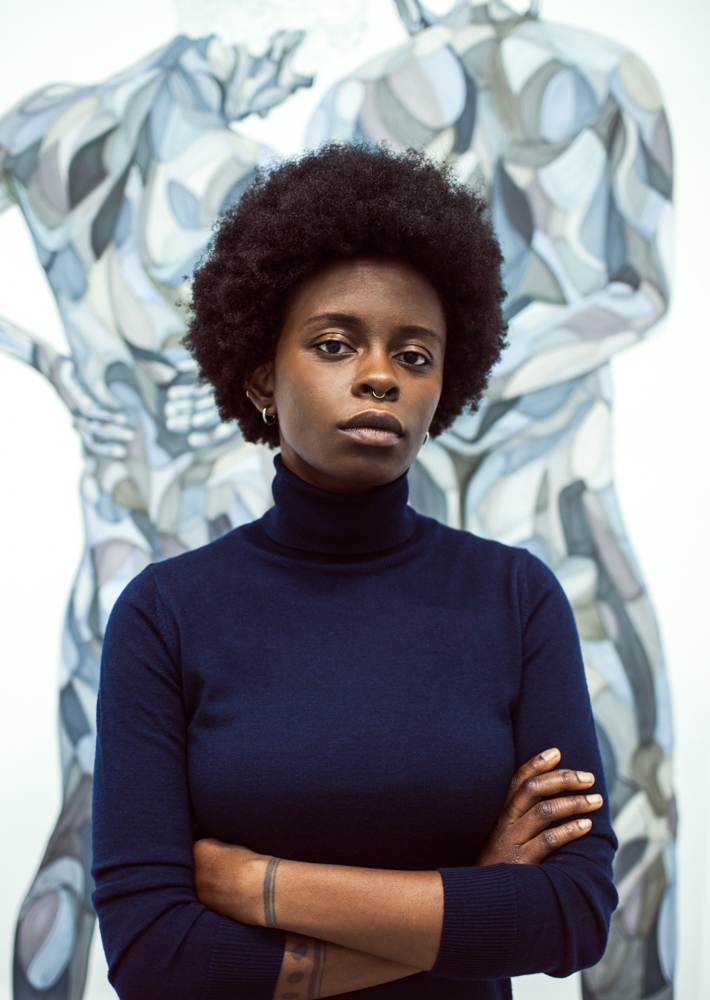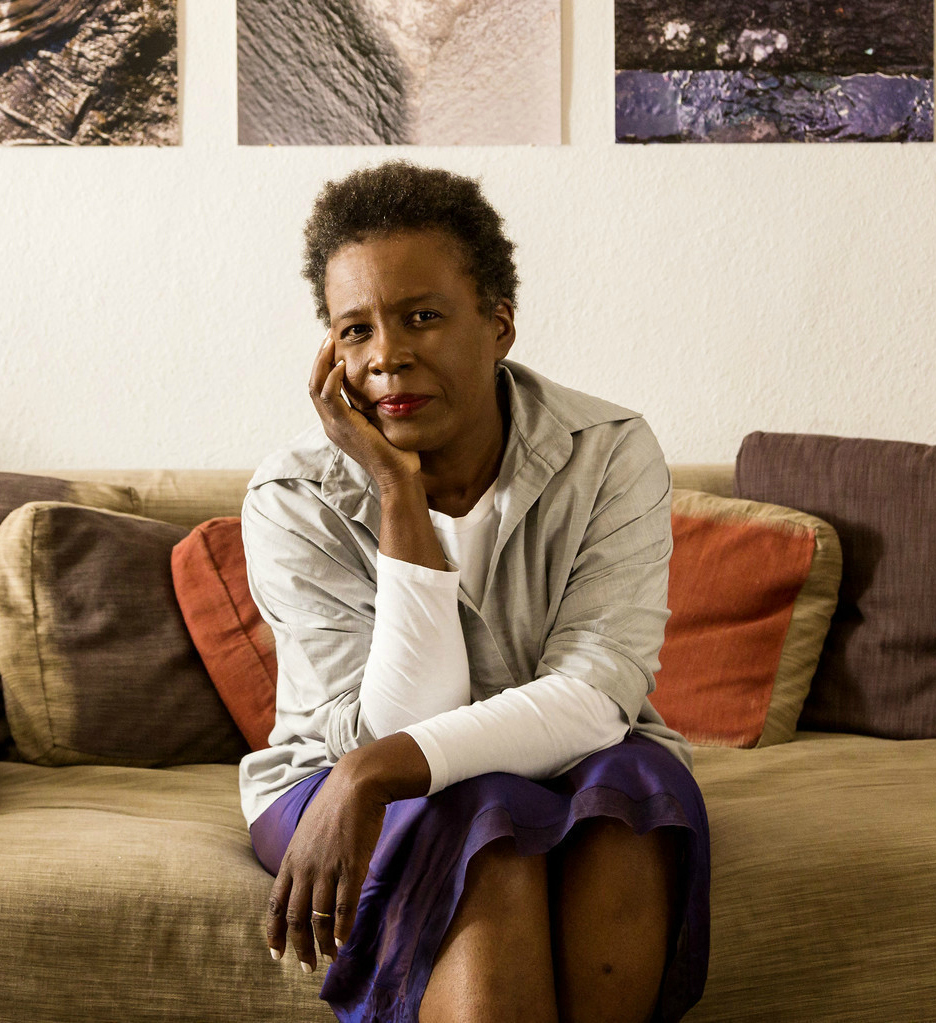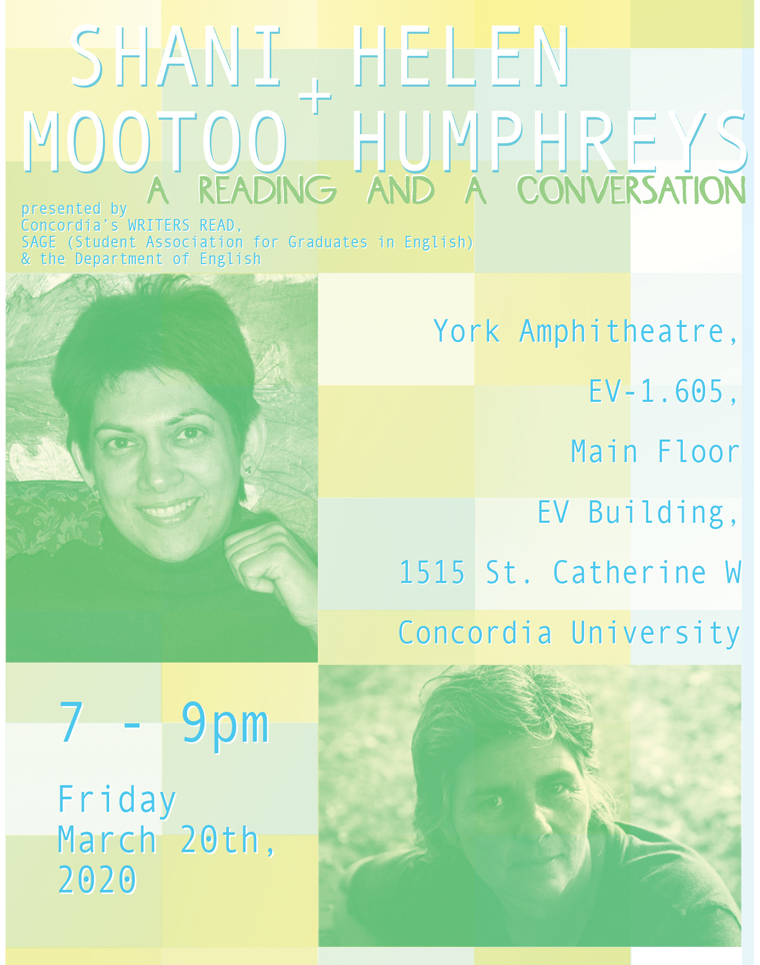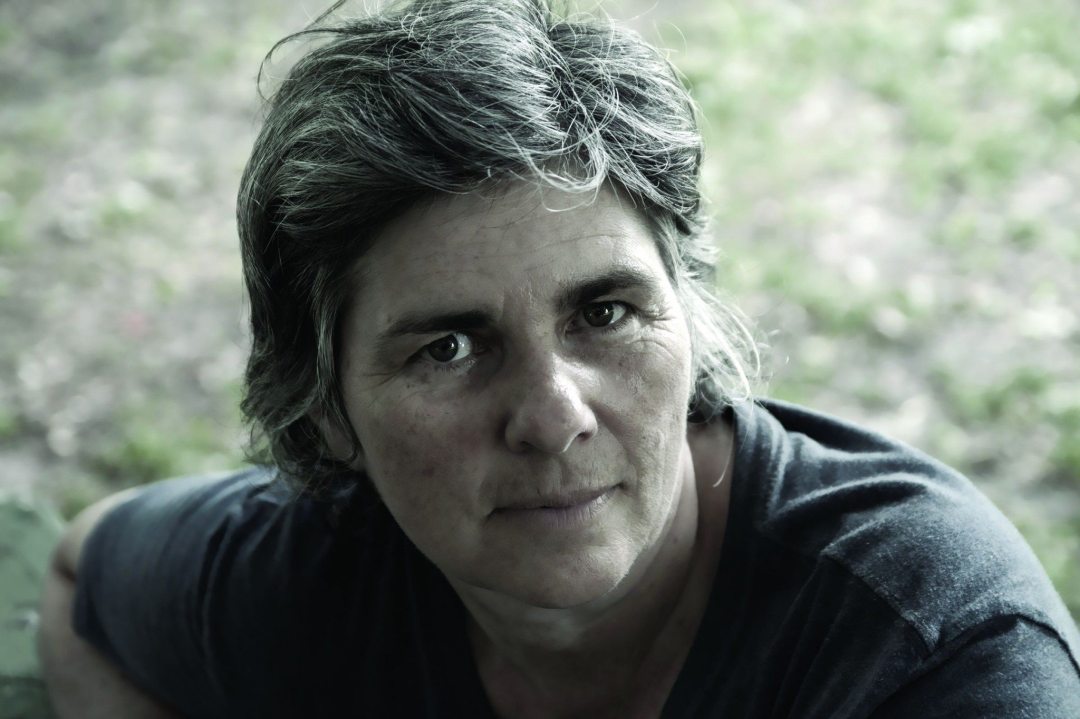Wednesday, February 15th
Creating Content for Video Games: 2:30 – 4 PM @ 4th SPACE Concordia
Curious about writing for video games? Writers Read has you covered. Get the perspective of four minds on working in the video game industry as writers, on entrepreneurship, on effective dialogue, on written versus visual storytelling, on building a ludic plot, and much more. Panelist include Osama Dorias, Ashley Obscura, Maize Longboat, and Jill Murray. The panel will be moderated by Paz O’Farrell.
Time will be allotted for attendees to ask the panelists questions.
All are welcome. No registration required. This event will be live on Zoom, and recorded in 4th Space’s YouTube channel.
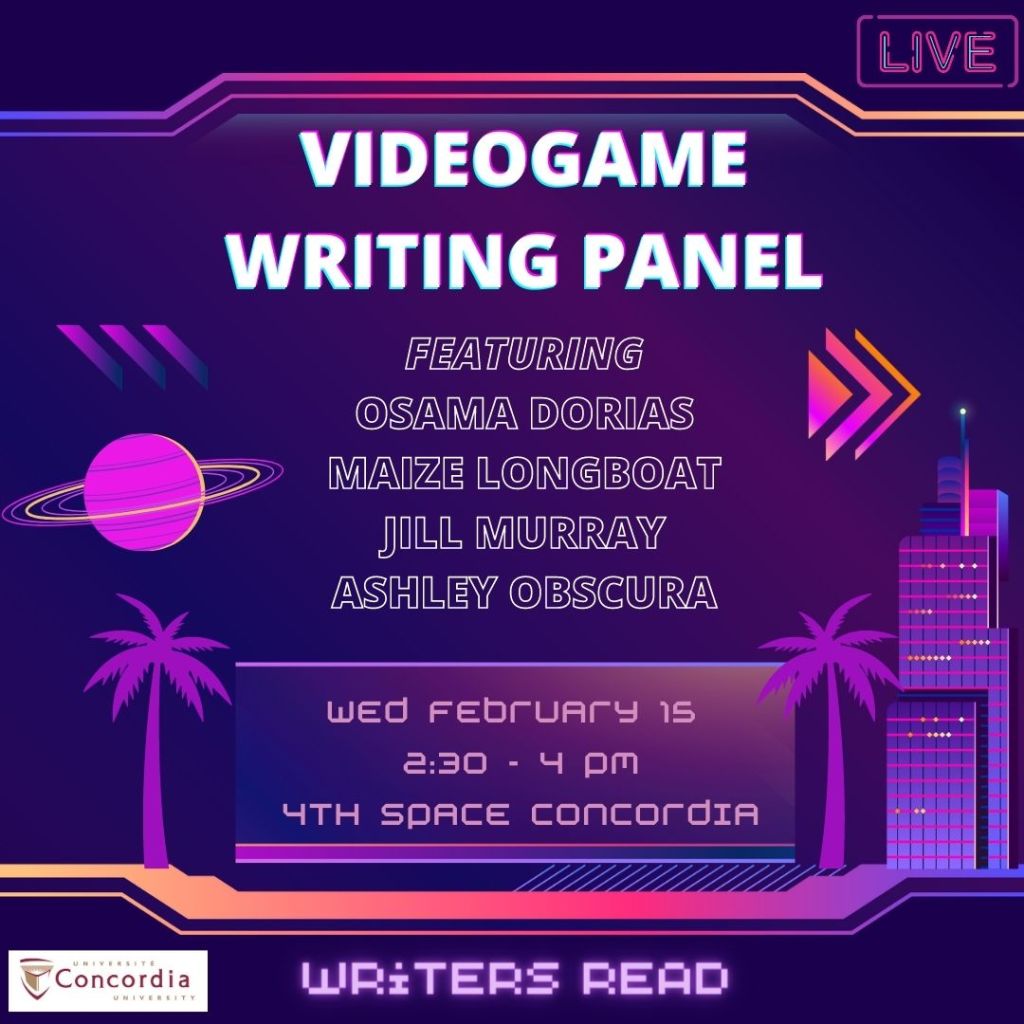
Poetry Reading: 6 – 7:30 PM @ EV 1.615
What better way to recover from Valentine’s Day than a poetry reading? Liz Howard and Juliane Okot Bitek will read from their work and participate in a discussion on new directions in Canadian writing and in the teaching of creative writing. Liz Howard will join the Department of English as a tenure-track faculty member as of June 2023; Juliane Okot Bitek recently joined the faculty at Queen’s University as Assistant Professor of Black Creative Writing.
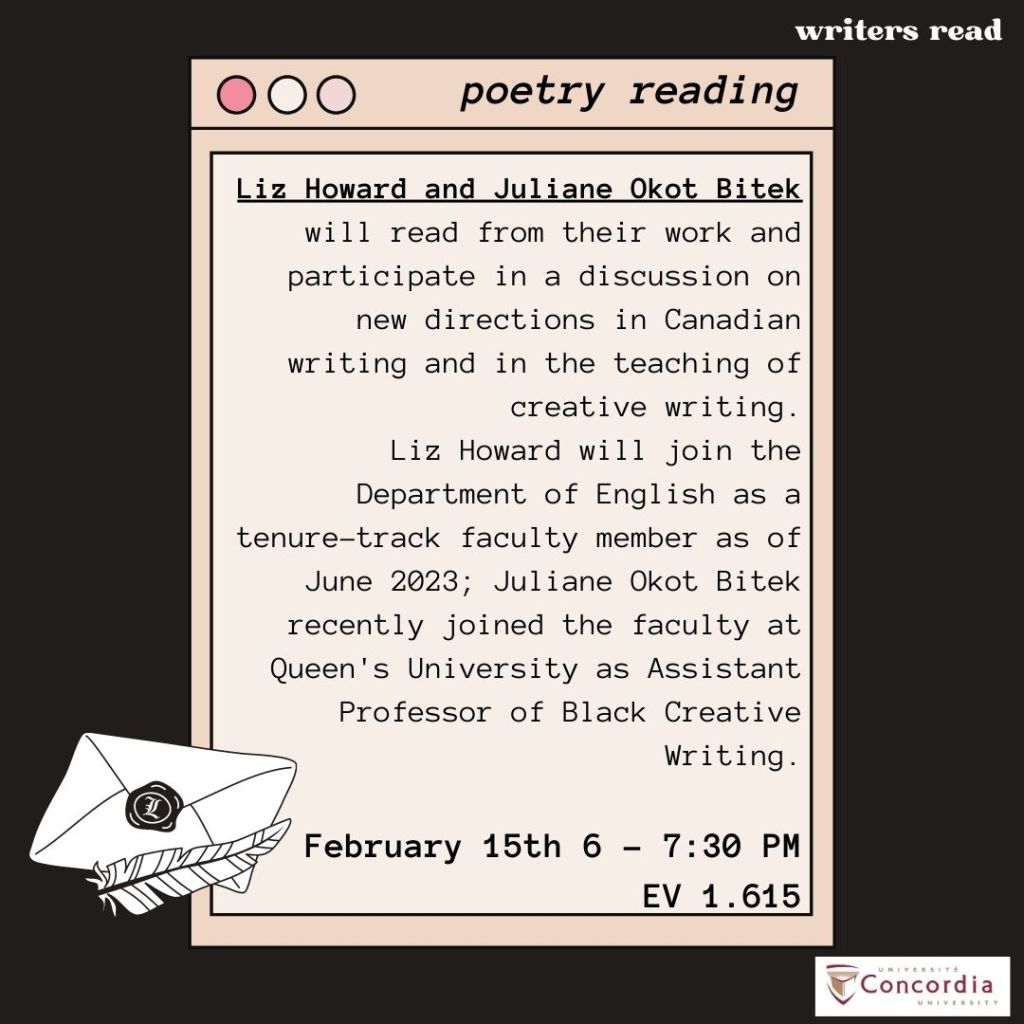
Thursday, February 16th
Writers Read presents Liz Howard’s Writing Masterclass!
Liz Howard is a poet, editor, and educator. Her first collection, Infinite Citizen of the Shaking Tent, won the 2016 Griffin Poetry Prize and was shortlisted for the 2015 Governor General’s Award for Poetry. Her second collection, Letters in a Bruised Cosmos, was shortlisted for the 2022 Griffin Poetry Prize and the Trillium Poetry Prize. She is the 2023 Shaftesbury Creative Writer-in-Residence at Victoria College in the University of Toronto and will be joining Concordia University’s Department of English as an Assistant Professor of creative writing in June 2023. Born and raised on Treaty 9 territory in Northern Ontario, she currently lives in Toronto.
The Masterclass will take place on Thursday, February 16th, from noon to until 2 PM. The location is in Concordia’s John Molson Building, MB 2.130 (Floating Box).
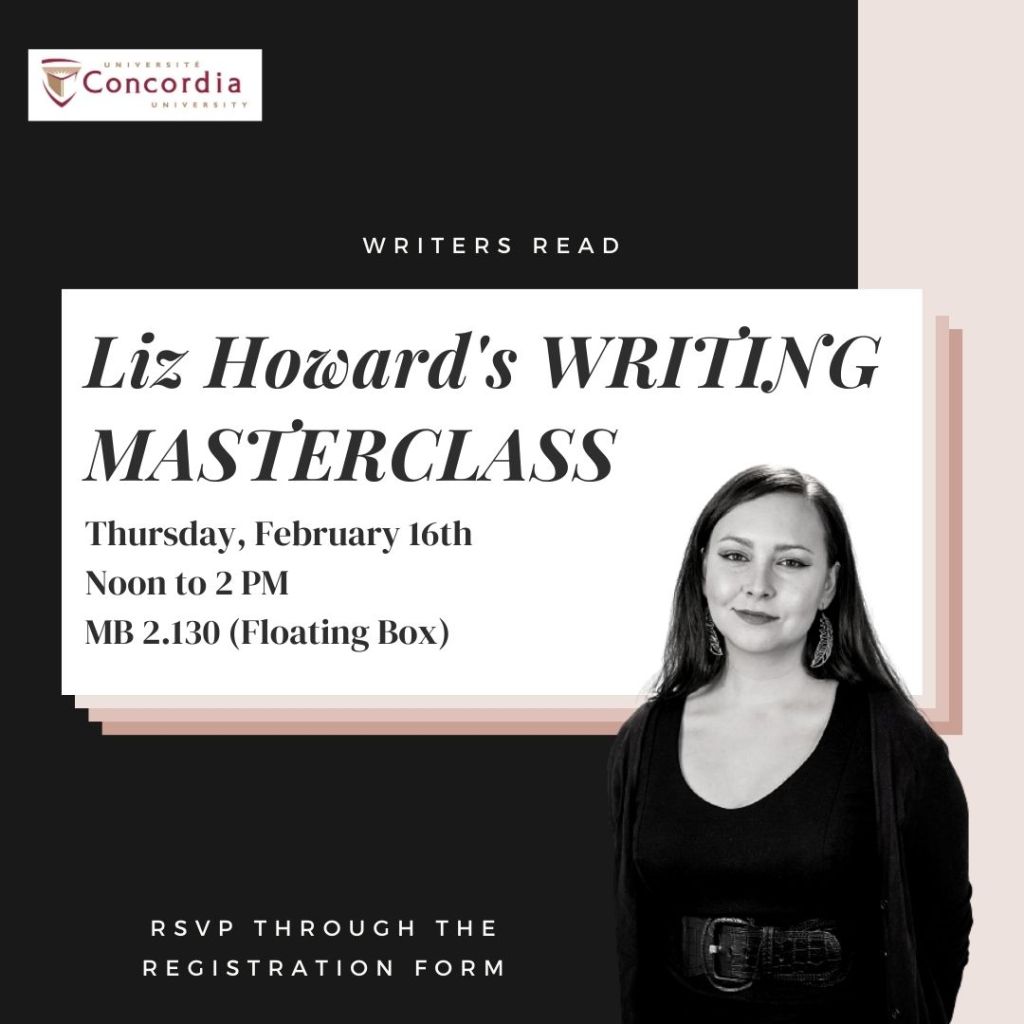
Note that capacity for this event is limited to thirty. All are welcome. Registration link: https://forms.gle/88Y38QqFaWV2Debk9

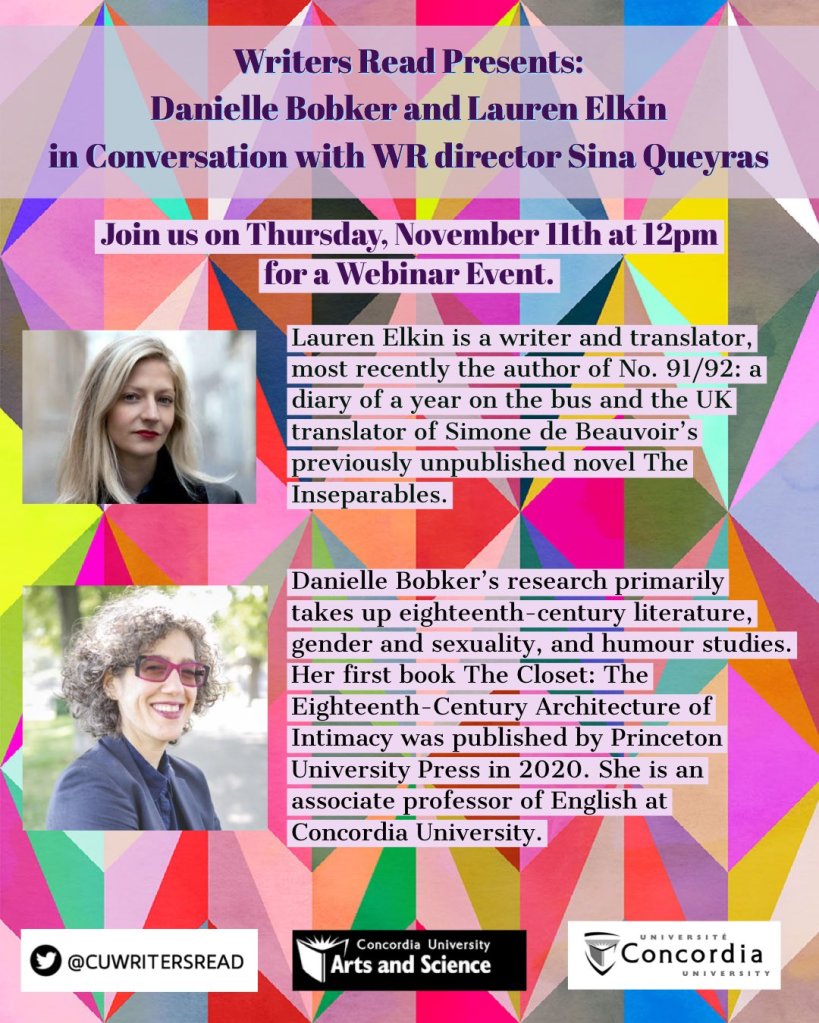


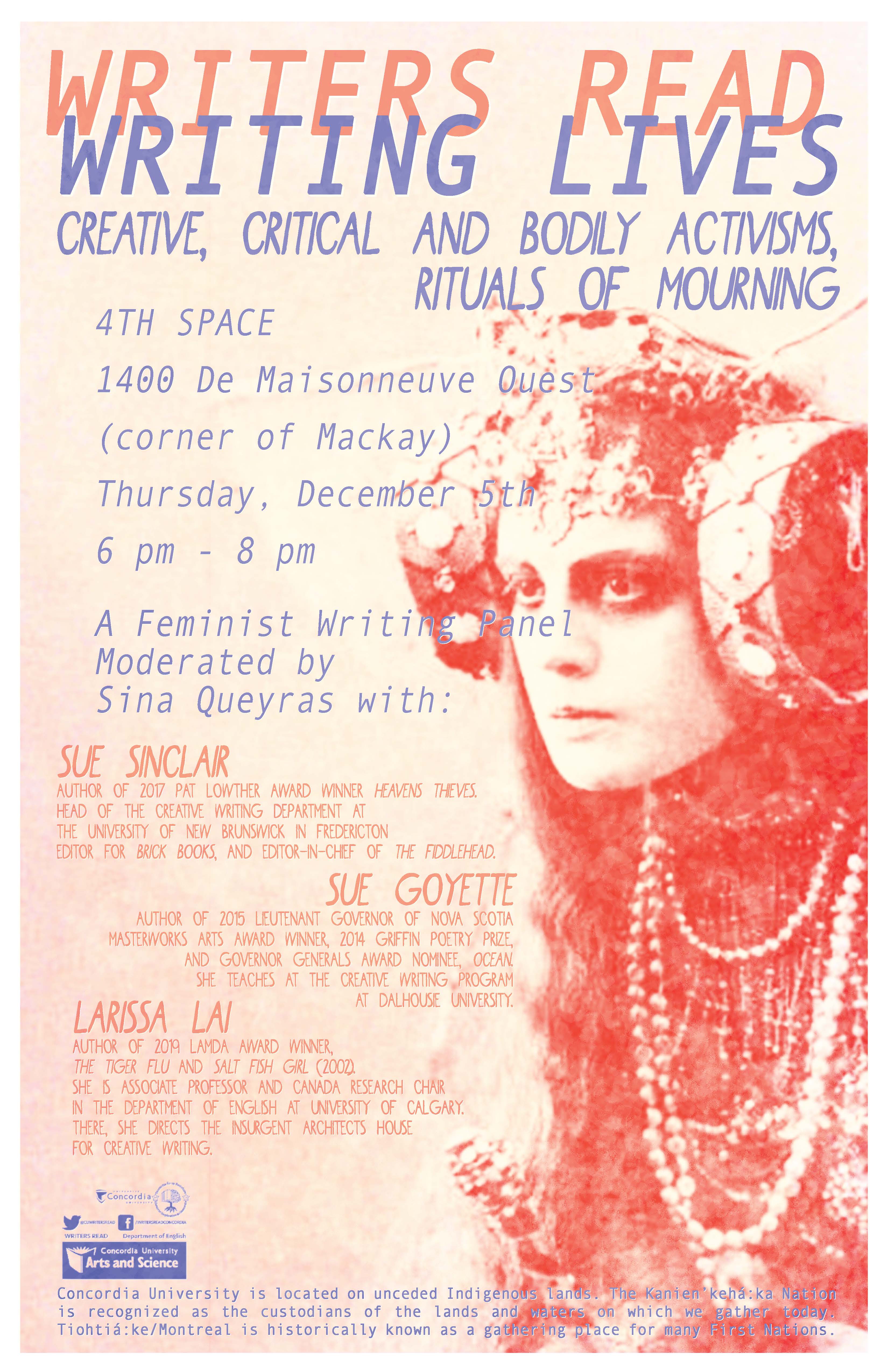







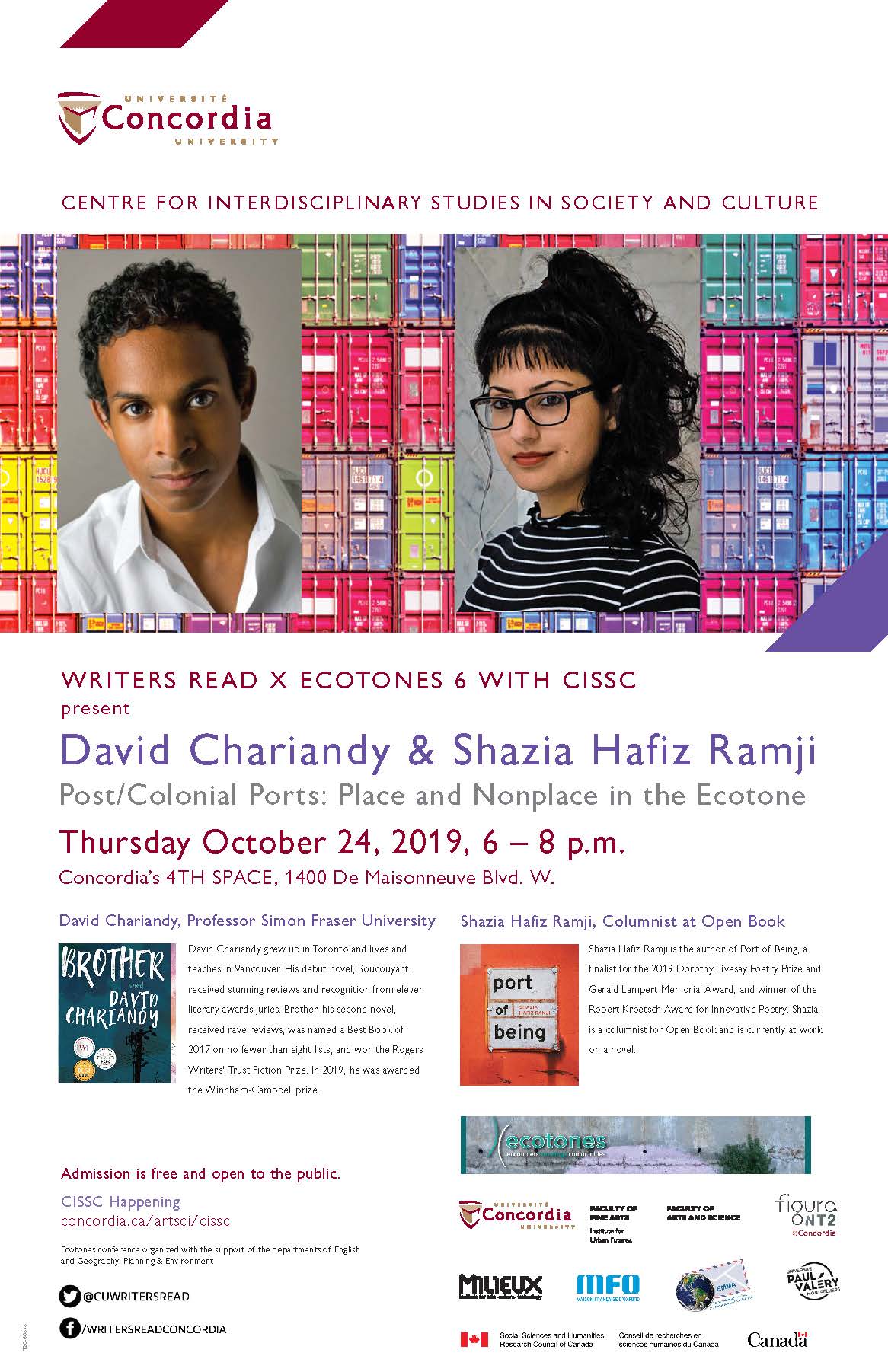

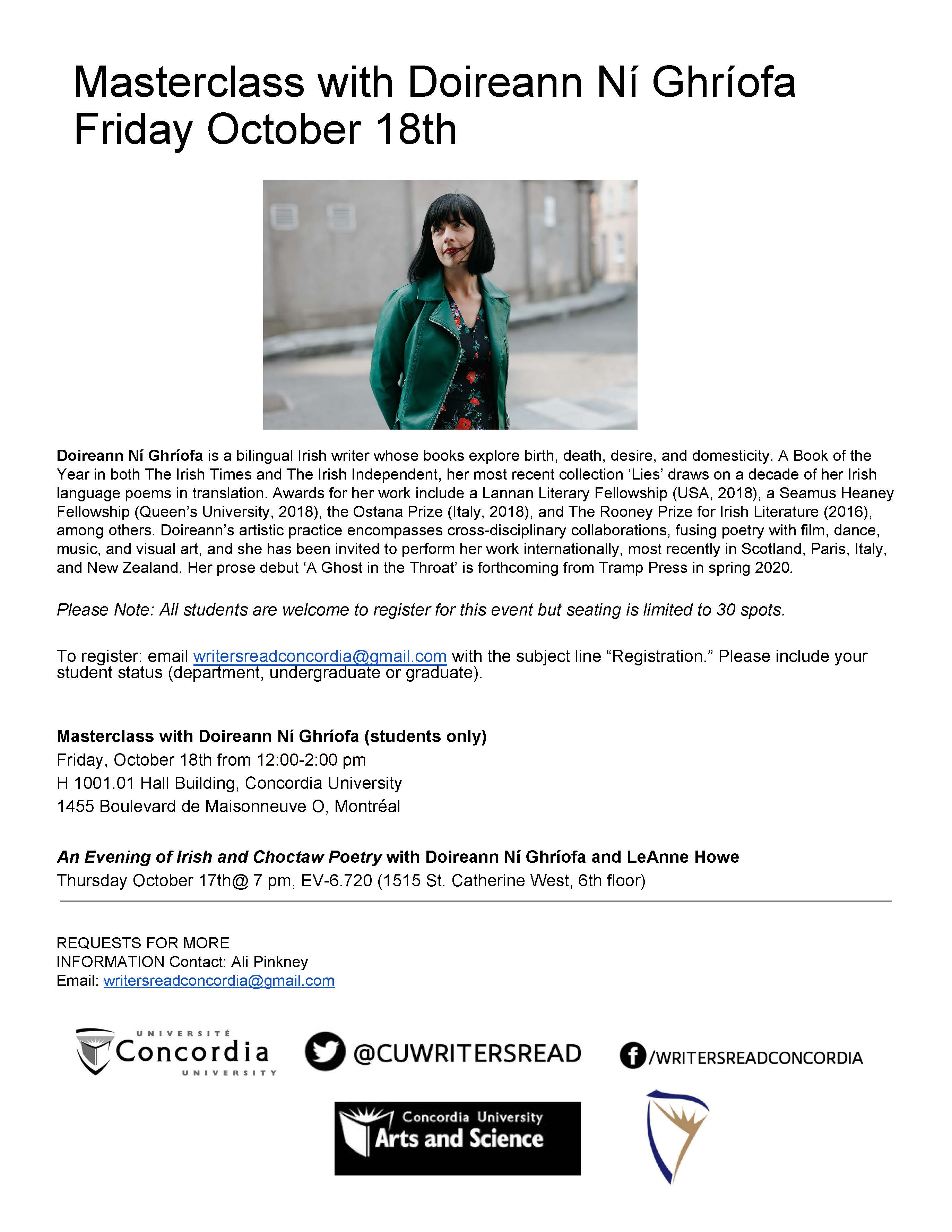



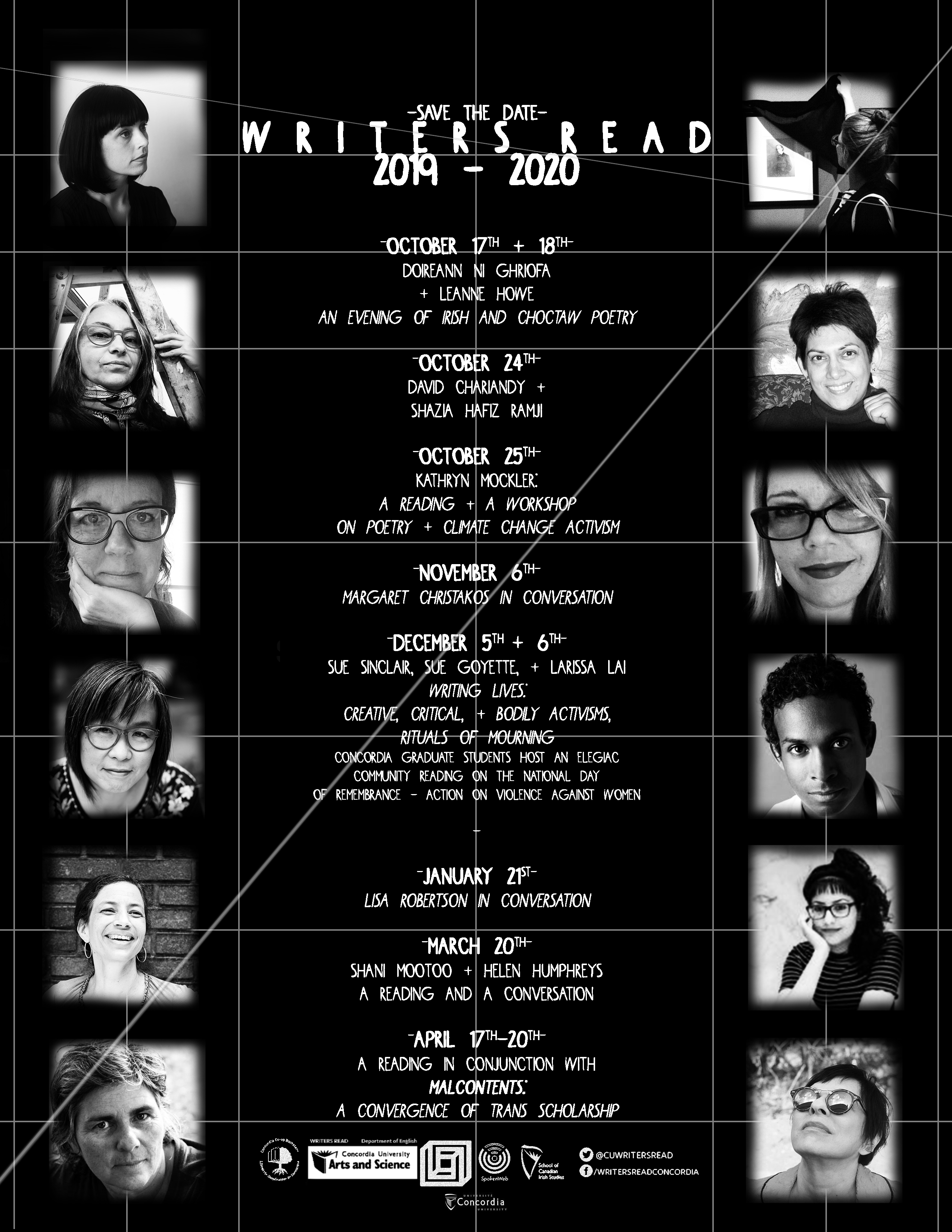




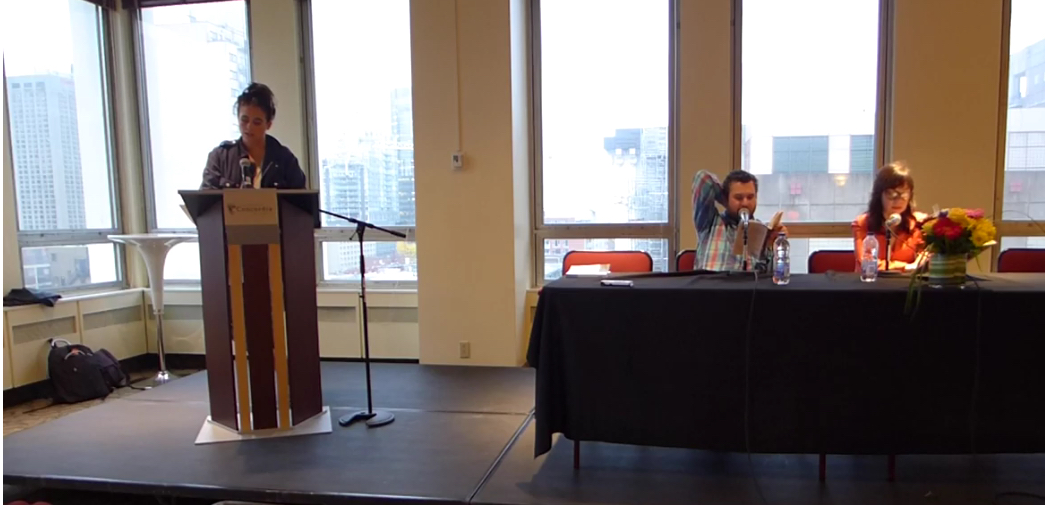




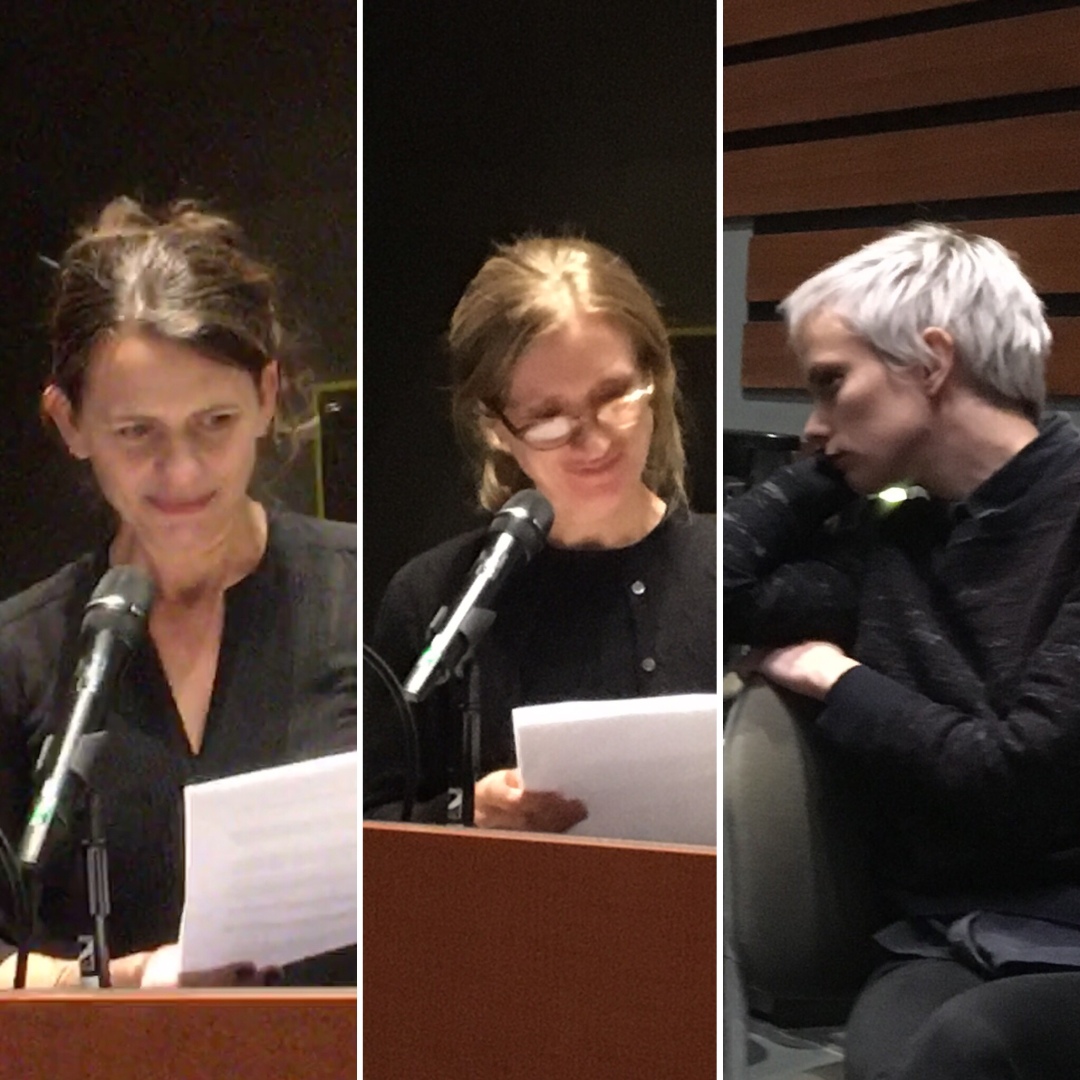







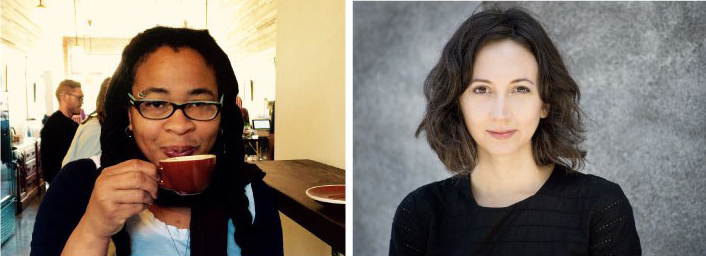
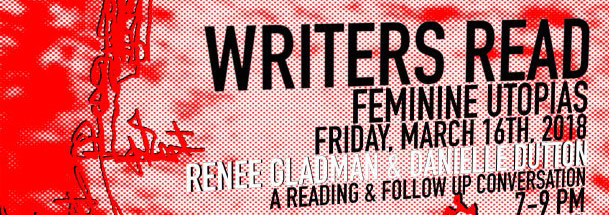







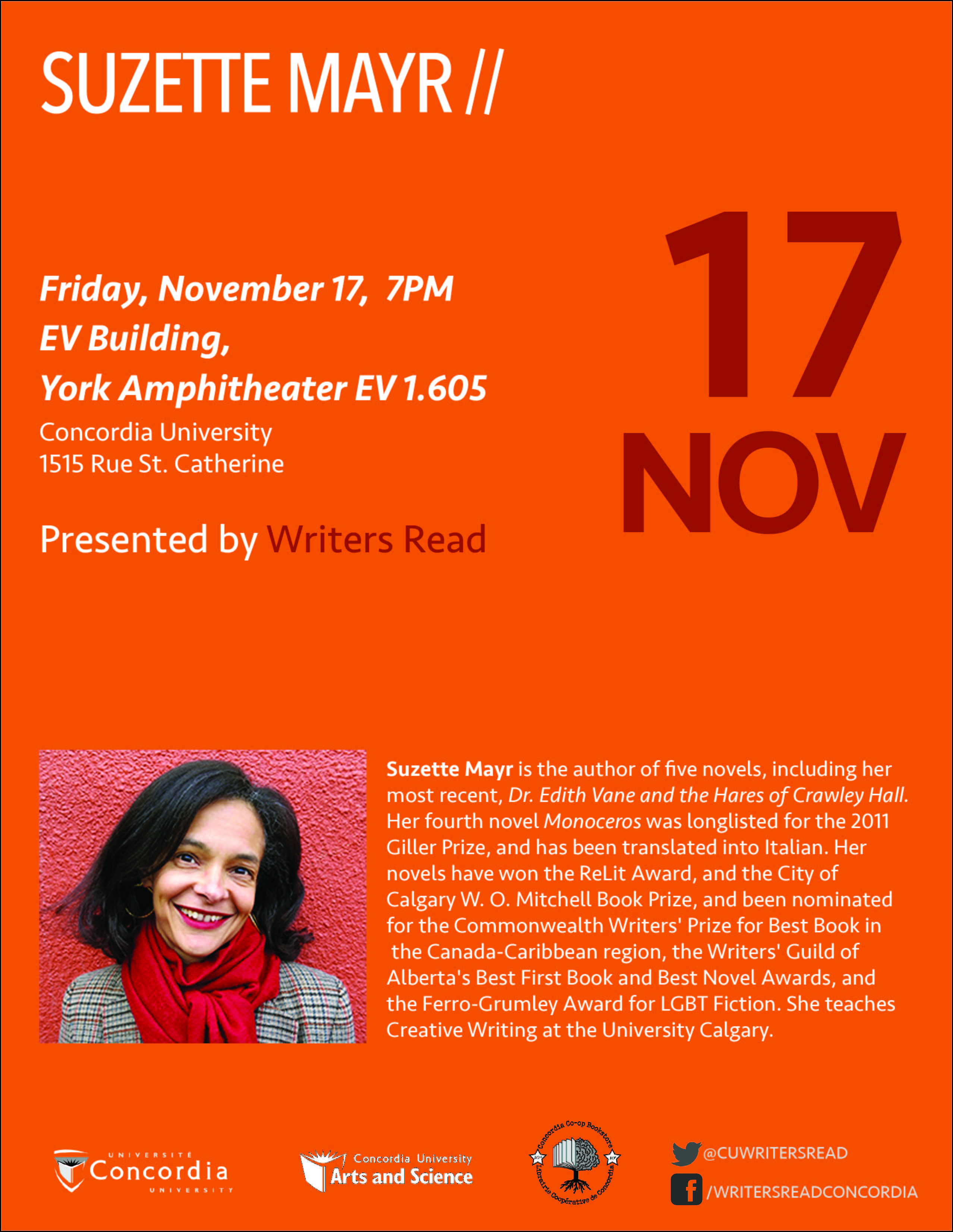



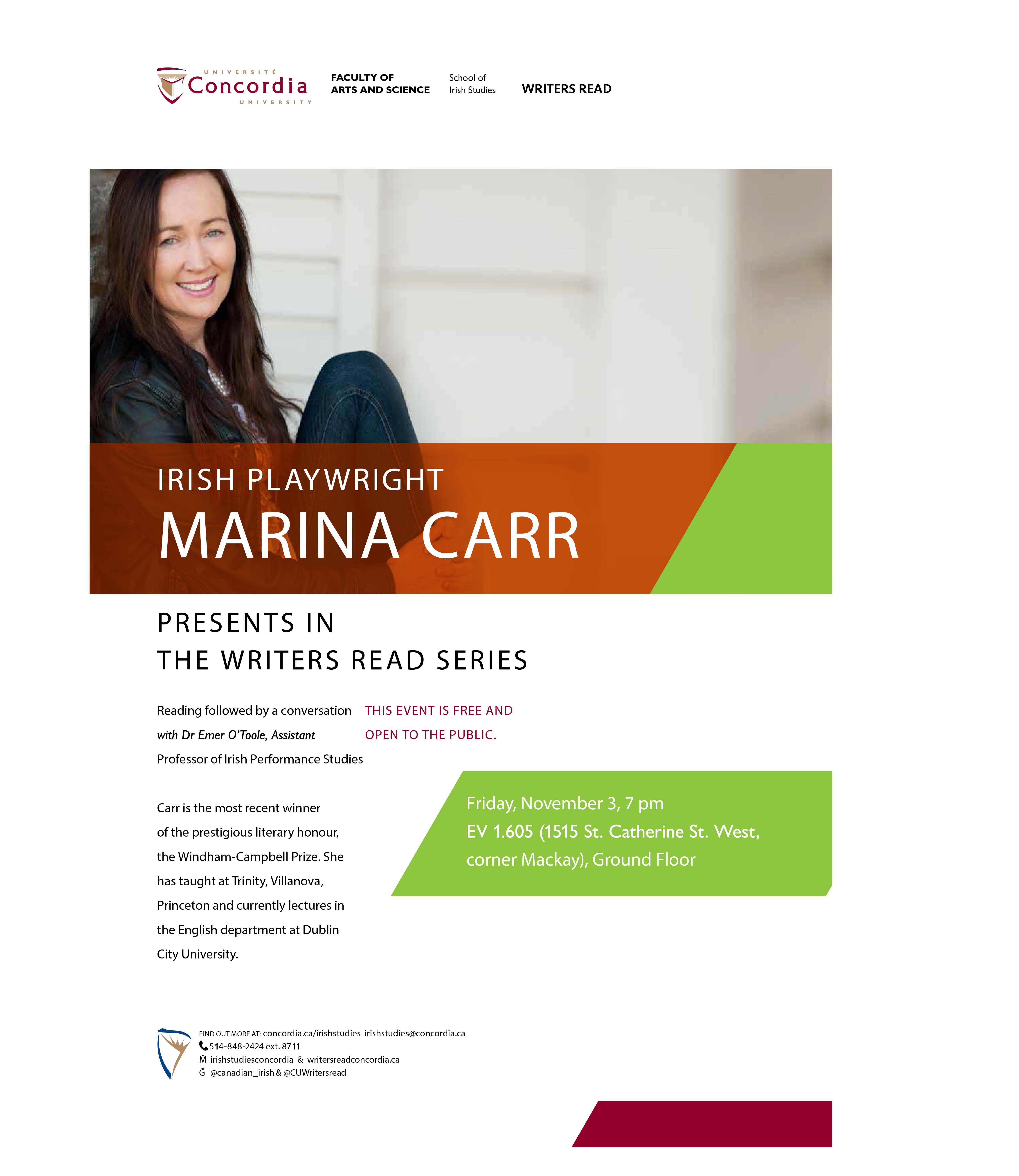
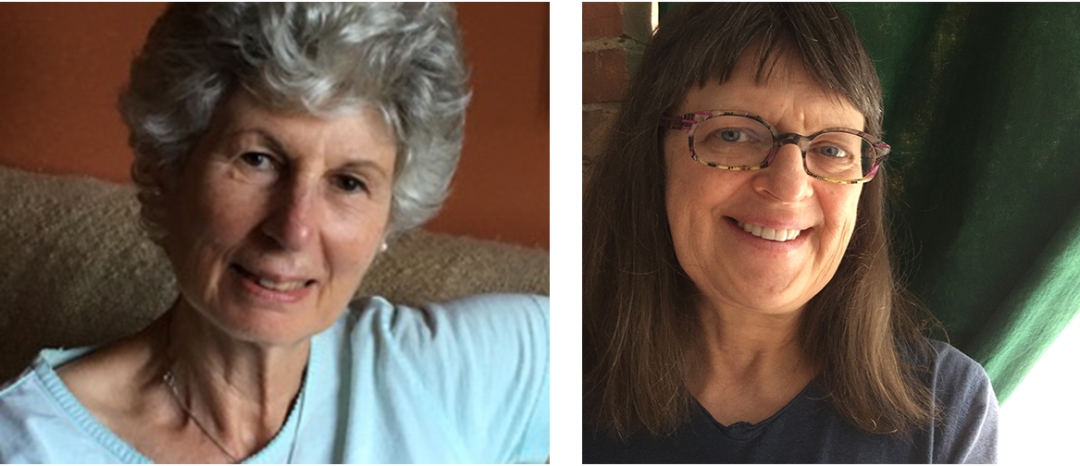




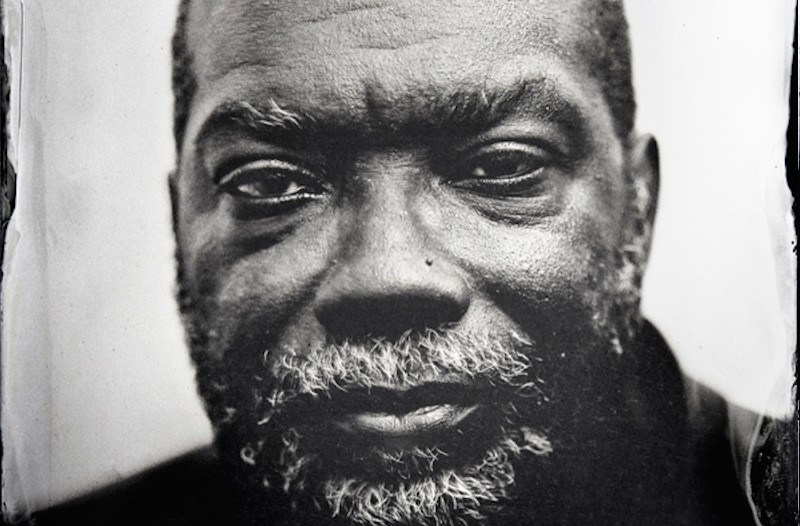
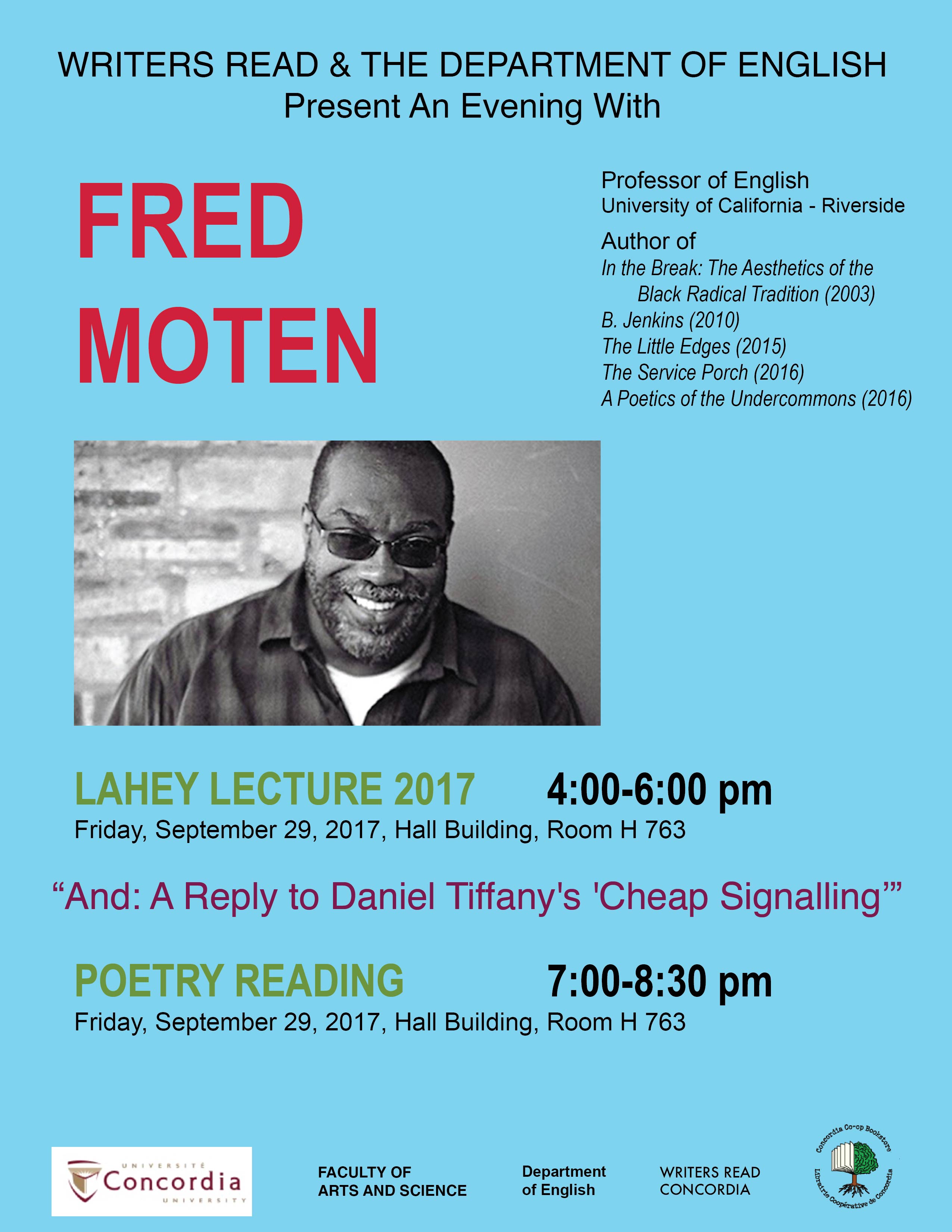




 My therapist tells me it’s important to understand that something can be more than one thing at a time; multiple truths can exist at the same time. This is a hard fact I need to learn, and as I reread Don’t Let Me Be Lonely (Graywolf 2004), I feel Claudia Rankine’s speaker reiterating this to me, “I could choose that […] or rather I could be all that I am – fictional,” (104) and the complexity of being, the choices and the differences, all become part of this fiction. The things we tell each other to feel better or worse.
My therapist tells me it’s important to understand that something can be more than one thing at a time; multiple truths can exist at the same time. This is a hard fact I need to learn, and as I reread Don’t Let Me Be Lonely (Graywolf 2004), I feel Claudia Rankine’s speaker reiterating this to me, “I could choose that […] or rather I could be all that I am – fictional,” (104) and the complexity of being, the choices and the differences, all become part of this fiction. The things we tell each other to feel better or worse.
